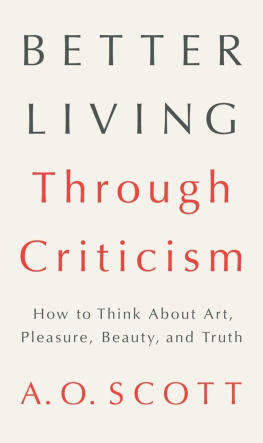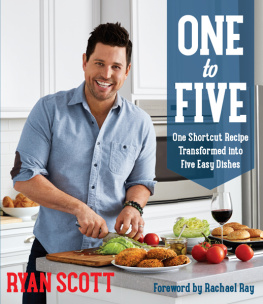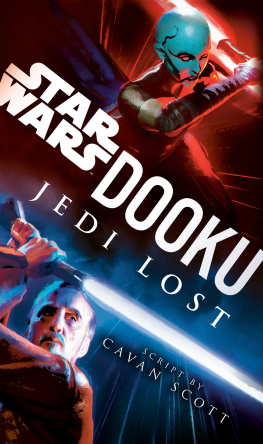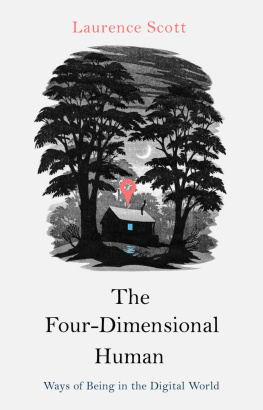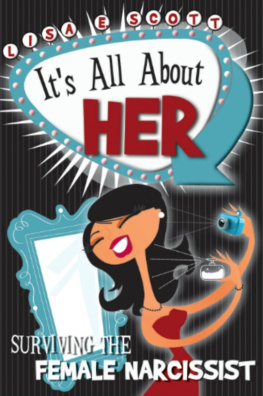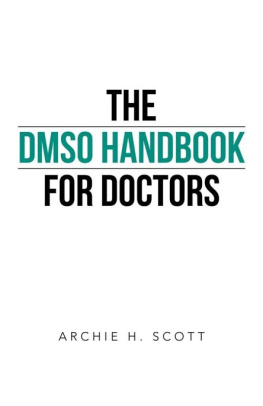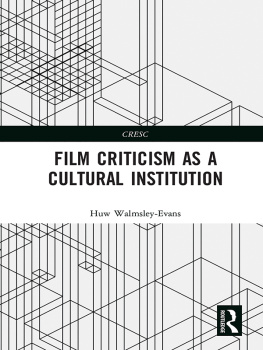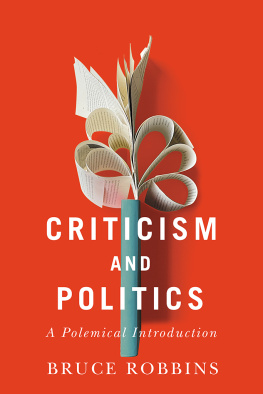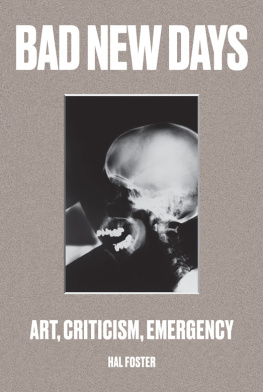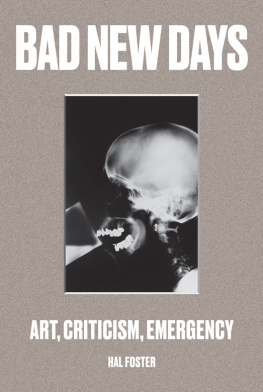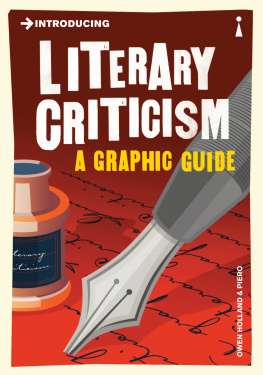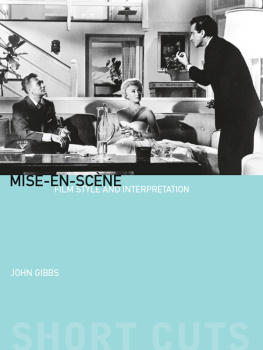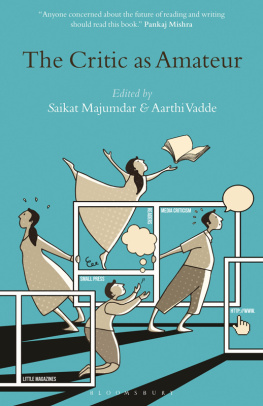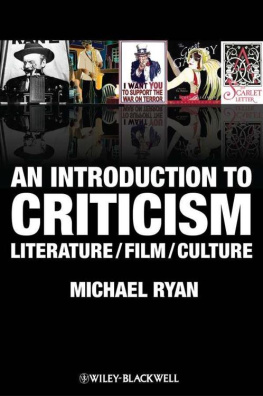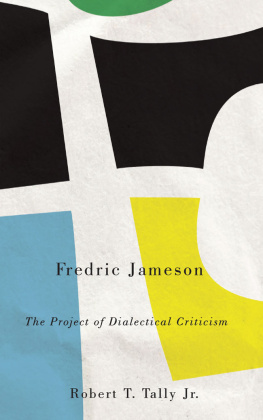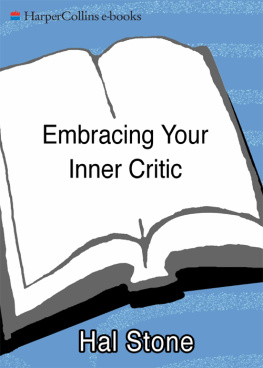ERNEST: You have told me many strange things to-night, Gilbert. You have told me that it is more difficult to talk about a thing than to do it, and that to do nothing at all is the most difficult thing in the world; you have told me that all Art is immoral, and all thought dangerous; that criticism is more creative than creation, and that the highest criticism is that which reveals in the work of Art what the artist had not put there; that it is exactly because a man cannot do a thing that he is the proper judge of it; and that the true critic is unfair, insincere, and not rational. My friend, you are a dreamer.
GILBERT: Yes: I am a dreamer. For a dreamer is one who can only find his way by moonlight, and his punishment is that he sees the dawn before the rest of the world.
GILBERT: And his reward.
From now to the end of consciousness, we are stuck with the task of defending art. We can only quarrel with one or another means of defense.
Introduction
What Is Criticism? (A Preliminary Dialogue)
Q: Whats the point of criticism? What are critics good for?
A: Those are the big questions! The obvious questions, anyway. But theyre not exactly the same question.
Q: But isnt criticism just whatever critics do?
A: Sure. And everybody who criticizes is a critic. You see the problem. Weve barely gotten started and already were running in circles. When we talk about criticism, are we talking about a joba kind of writing, a species of journalism or scholarship, an intellectual discipline of some sortand therefore the people who make their livings at it? Or are we talking about a less specialized undertaking, something like playing cards or cooking or riding a bicycle, something anyone can learn to do? Or maybe even a more elementary, more reflexive activity, like dreaming or breathing or crying?
Q: I thought the arrangement was that I would be asking the questions here.
A: Sorry.
Q: So lets start again, and start with you. You are a professional critic, and also someone who thinks a lot about what criticism is and what its for.
A: Though not necessarily in that order. And not exclusively, of course.
Q: Okay. But what Im asking is
A: What good am I? Whats the point of what I do?
Q: If you want to put it that way. I might not have been quite so hostile.
A: No worries. Opposition is true friendship, as William Blake said. Every critic grows accustomed to dealing with skepticism and suspicion and, sometimes, outright contempt. How dare you! What gives you the right? Why should anyone listen to you? We get this all the time. Provoking people to question our competence, our intelligence, our very right to existthat seems to be a big part of what it is to be a critic.
Q: And now youve decided to fight back. Youre feeling defensive. Would it be accurate to say that you wrote this whole book to settle a score with Samuel L. Jackson?
A: Not exactly. But Im glad you brought that up. A bit of background: In May 2012, on the day The Avengersyou saw it, right? Everyone didwas released on 3,500 screens across North America, I published a review in which I praised some aspects of the moviethe cleverness of its dialogue, the sharpness of the performanceswhile complaining about others, in particular its sacrifice of originality on the altar of blockbuster conformity. If youll allow me to quote myself: The secret of The Avengers is that it is a snappy little dialogue comedy dressed up as something else, that something else being a giant A.T.M. for Marvel and its new studio overlords, the Walt Disney Company. That assessment stands up pretty well, if I say so myself. By the time Avengers:Age of Ultron came along a few years later everyone else seemed to be saying more or less the same thing: that its charms and thrills were overwhelmed by soulless corporate spectacle. There is some satisfaction in having been in the vanguard of pointing out the obvious.
At the time, though, I was part of a premature backlash. Not long after my review was posted on the New York Times Web site, Jackson, who plays Nick Fury in the movie and in other Marvel Universe franchise installments, posted a Twitter message exhorting #Avengers fans that AO Scott needs a new job! Lets help him find one! One he can ACTUALLY do! Scores of his followers heeded his call, not by demanding that my editors fire me but, in the best Twitter tradition, by retweeting Jacksons outburst and adding their own vivid suggestions about what I was qualified to do with myself. The more coherent tweets expressed familiar, you might even say canonical, anticritical sentiments: that I had no capacity for joy; that I wanted to ruin everyone elses fun; that I was a hater, a square, and a snob; evenand this was kind of a new onethat the nerdy kid in middle school who everybody picked on because he didnt like comic books had grown up to be me. (In my day, some of the nerdy kids everybody picked on were the ones who did like comic books, but I guess things have changed now that the superheroes and their fanboy followers have taken over everything. I was picked on for reasons that had nothing to do with comic books.)
The Avengers incident blew up into one of those absurd and hyperactive Internet squalls that are now a fixture of our cultural life. Mace Windu had called me out! I had summoned the righteous wrath of Jules Winnfield! Jackson and I were Photoshopped into action-movie combat poses on entertainment Web sites. Miniature think pieces sprouted like mushrooms after a rainstorm. Our Twitter beef made the news in Brazil, Germany, and Japan. A few of my colleagues embraced the cause of standing up not only for my own beleaguered self, but also for the integrity and importance of the job I was in Jacksons view unqualified to do.
Q: Were you scared?
A: On the contrary. I was grateful. Neither my person nor my livelihood was in any danger, and The Avengers went on to become the second-fastest film to date to reach $1 billion at the global box office. I gained a few hundred followers on Twitter and became, for a few minutes, both a hissable villain and a make-believe martyr for a noble and much-maligned cause. It was win-win all around, and then everyone moved on.
But even a tempest in a teapot can have meteorological significance, and I think Jackson raised a valid and vital question. Putting aside the merits or limitations of what I wrote about The Avengers or any other movie, its always worth asking just what the job of the critic is, and how it might ACTUALLY be done.

